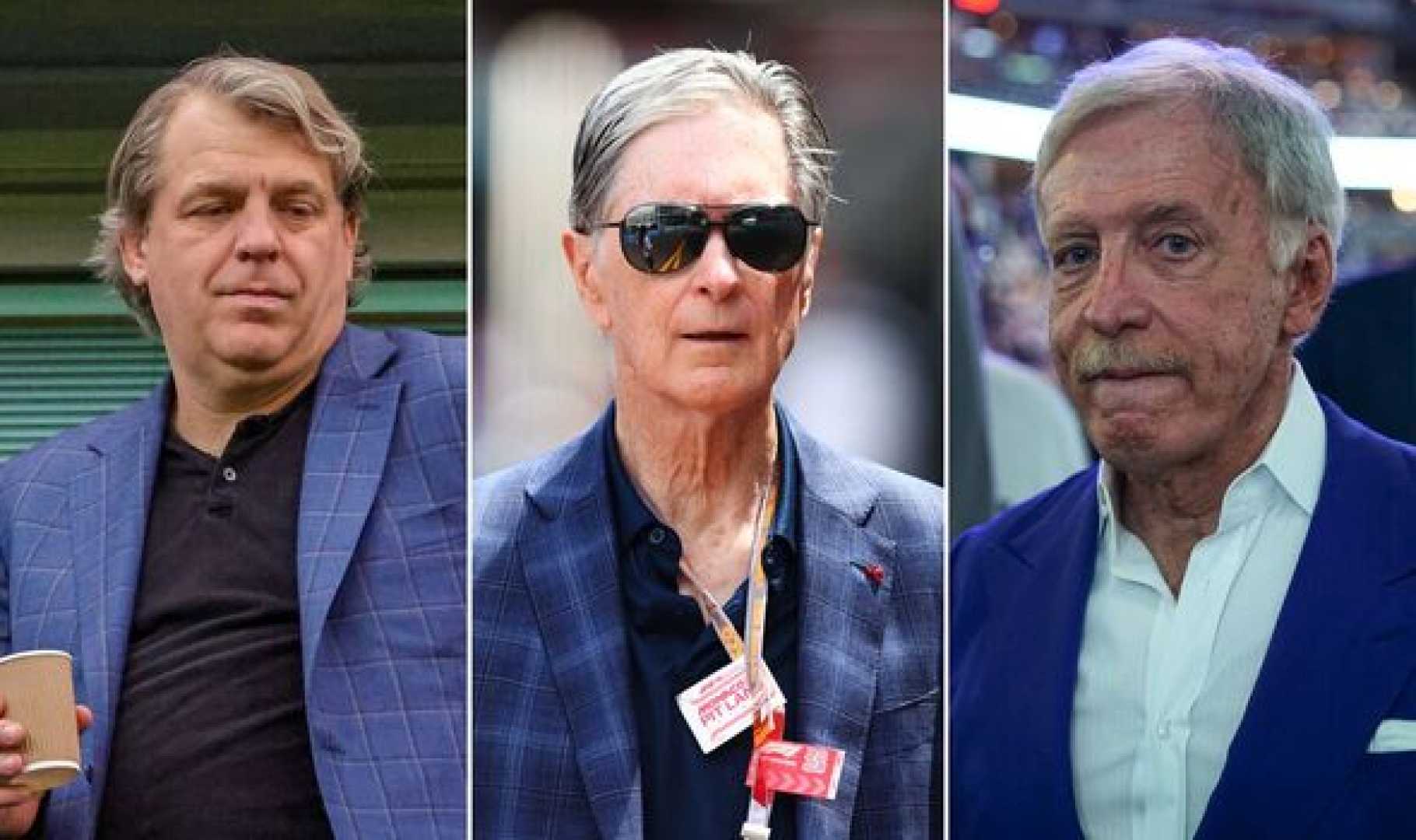Sports
American Owners Transform English Football Landscape

London, England – The ownership landscape of English football is undergoing a significant shift, with American billionaires taking control of numerous clubs across the leagues. This transformation, which began with Malcolm Glazer’s £790 million takeover of Manchester United in 2005, now sees a growing number of American-owned clubs in both the Premier League and the EFL Championship.
As of today, 11 out of the 20 Premier League clubs are majority owned by Americans, including prominent teams like Liverpool, Manchester United, and Arsenal. The trend continues in the EFL Championship, where nine clubs, such as Wrexham and Norwich City, are also under U.S. ownership.
The increasing American influence raises several questions about the future of English football. Will the Premier League move towards an NFL-style structure including salary caps, drafts, and overseas games? While some suggest that financial stability is critical, others warn that the spirit of the game is at risk.
Chris Mann of Sportsology Group noted, “From an investment perspective, the track record is compelling, and Manchester United serves as a prime example.” He explained that the Glazers turned a £800 million investment in 2005 into a valuation exceeding £4 billion by 2024.
American ownership has transformed clubs like Wrexham, recently seen as a stepping stone to greater recognition within the sport, thanks to high-profile owners like Ryan Reynolds and Rob McElhenney. Their approach has attracted a worldwide fanbase, resulting in record merchandise sales and media attention.
However, not all American investors have enjoyed the same success. The Glazers’ ownership of Manchester United has been met with fierce criticism due to financial mismanagement and high levels of debt. United fans have labeled their presence as detrimental to the club’s legacy.
Despite contrasting ownership styles, all American investors share a common goal rooted in profit. The influx of cash into clubs often leads to significant spending on player acquisitions and facilities, which fans see as diminishing their influence and raising ticket prices.
Bill Foley, the owner of Bournemouth, added his voice to the discourse, asserting that the rich traditions of English football should not be altered by overseas demands. “The traditions here are so strong that we really shouldn’t be playing Premier League games in the United States or in other countries,” Foley said.
As the landscape evolves, clubs face the challenge of balancing financial success and community ties while navigating the demands of passionate fans and the new owners’ expectations.












